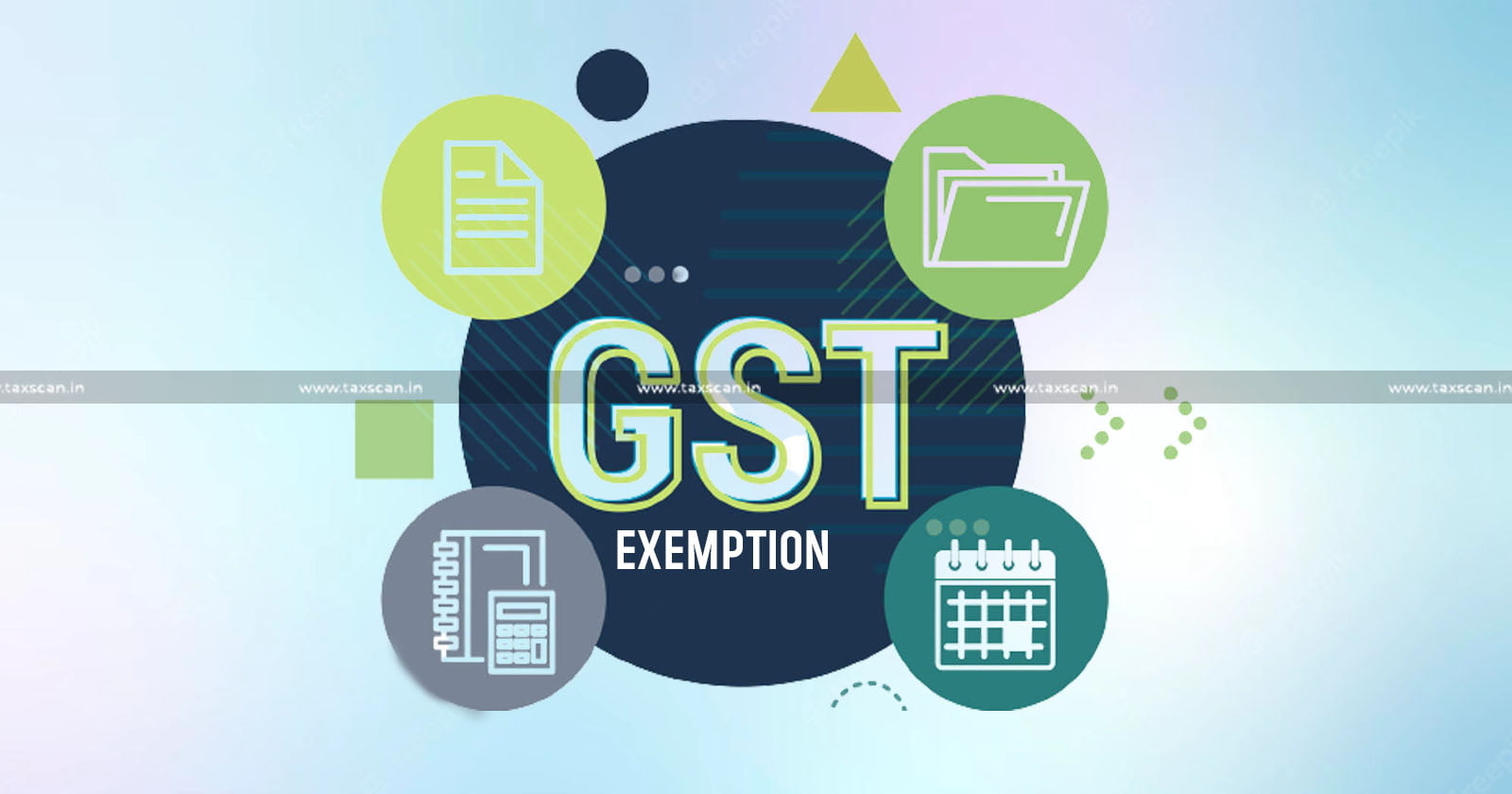GST Seizure for Alleged Reuse of E-Way Bill Unsustainable Without Enquiry: Allahabad HC Quashes Proceedings [Read Order]
The Court held that, without such enquiry, the allegation of reuse remained purely presumptive.
![GST Seizure for Alleged Reuse of E-Way Bill Unsustainable Without Enquiry: Allahabad HC Quashes Proceedings [Read Order] GST Seizure for Alleged Reuse of E-Way Bill Unsustainable Without Enquiry: Allahabad HC Quashes Proceedings [Read Order]](https://images.taxscan.in/h-upload/2025/11/22/2107316-eway-bill-gst-taxscan.webp)
The Allahabad High Court has held that a seizure of goods under the Goods and Services Tax (GST) Act on the allegation of reusing an e-way bill cannot be sustained when the authorities fail to conduct even a basic enquiry to verify the charge.
M/s Deepam Packaging and Food Private Ltd, the petitioner challenged the seizure order passed under Section 129(3) of the CGST Act and the subsequent appellate order.
The petitioner, a registered manufacturer and seller of packaging materials, was transporting goods from Kanpur to Varanasi under a valid tax invoice and e-way bill. The vehicle was intercepted on 4.2.2023, shortly after the expiry of the e-way bill, and the goods were detained on the allegation that the same e-way bill had been reused.
The driver’s statement recorded in Form GST MOV-01 clearly stated that the goods were moving from Kanpur to Varanasi, and the petitioner explained that the delay resulted from a vehicle breakdown that required repairs before resuming the journey. Despite this explanation, the authorities proceeded to seize the goods.
The Court noted that the allegation of document reuse was based on the department’s claim that the vehicle had crossed Handia Toll Plaza on 1.2.2023 at 21:22 hours towards Varanasi, and again on 3.2.2023 at 22:02 hours using the same documents.
Comprehensive Guide of Law and Procedure for Filing of Income Tax Appeals, Click Here
However, the authorities failed to conduct any enquiry to establish when or how the vehicle allegedly returned to Kanpur after 1.2.2023, reloaded goods and commenced another journey using the same e-way bill.
No verification was made from the purchasing dealer, nor was any evidence collected from the toll plaza to show the vehicle’s return journey.
The Court held that, without such enquiry, the allegation of reuse remained purely presumptive.
Justice Piyush Agarwal relied on its earlier ruling in M/s Anandeshwar Traders v. State of U.P, where the court has observed that a seizure based on unverified assumptions cannot be permitted, and that allegations of document misuse require clear factual verification before passing adverse orders.
Accordingly, the High Court concluded that the seizure order and the appellate order were unsustainable in law. Both orders were quashed, and the writ petition was allowed.
 Also Read:GST Exemption on Pure Services to Statutory Medical University: Allahabad HC to decide Issue [Read Order]
Also Read:GST Exemption on Pure Services to Statutory Medical University: Allahabad HC to decide Issue [Read Order]
Section 129(3) of GST Act
The provision reads that “The proper officer detaining or seizing goods or conveyance shall issue a notice within seven days of such detention or seizure, specifying the penalty payable, and thereafter, pass an order within a period of seven days from the date of service of such notice, for payment of penalty under clause (a) or clause (b) of sub-section (1).”
Know How to Investigate Books of Accounts and Other Documents, Click Here
Further the sub-section 1 reads that “Notwithstanding anything contained in this Act, where any person transports any goods or stores any goods while they are in transit in contravention of the provisions of this Act or the rules made thereunder, all such goods and conveyance used as a means of transport for carrying the said goods and documents relating to such goods and conveyance shall be liable to detention or seizure and after detention or seizure, shall be released,-
(a) on payment of penalty equal to two hundred per cent. of the tax payable on such goods and, in case of exempted goods, on payment of an amount equal to two per cent. of the value of goods or twenty-five thousand rupees, whichever is less, where the owner of the goods comes forward for payment of such penalty;
(b) on payment of penalty equal to fifty per cent. of the value of the goods or two hundred per cent. of the tax payable on such goods, whichever is higher, and in case of exempted goods, on payment of an amount equal to five per cent. of the value of goods or twenty-five thousand rupees, whichever is less, where the owner of the goods does not come forward for payment of such penalty;
(c) upon furnishing a security equivalent to the amount payable under clause (a) or clause (b) in such form and manner as may be prescribed:
Provided that no such goods or conveyance shall be detained or seized without serving an order of detention or seizure on the person transporting the goods.”
Support our journalism by subscribing to Taxscanpremium. Follow us on Telegram for quick updates


